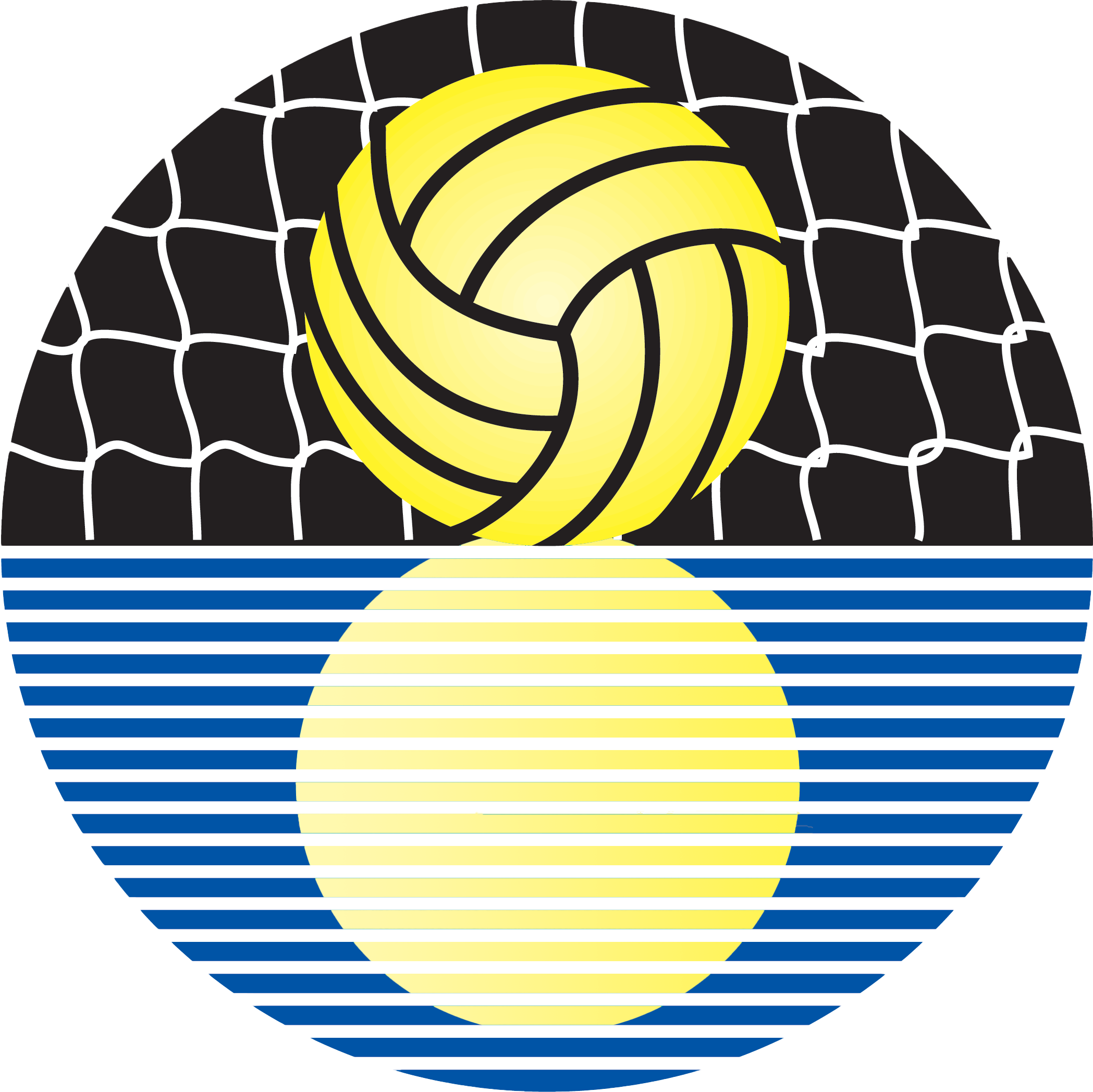LAS VEGAS, Nev. — On April 23, 1910, Theodore Roosevelt gave what would become one of the most widely quoted speeches of his career. The former president — who left office in 1909 – had spent a year hunting in Central Africa before embarking on a tour of Northern Africa and Europe in 1910, attending events and giving speeches in places like Cairo, Berlin, Naples and Oxford. On April 23, he stopped in Paris at the Sorbonne and before a crowd that included, according to the Edmund Morris biography Colonel Roosevelt, “ministers in court dress, army and navy officers in full uniform, nine hundred students, and an audience of two thousand ticket holders,” Roosevelt delivered a speech called “Citizenship in a Republic,” which, among some, would come to be known as “The Man in the Arena.”
Roosevelt stated, “It is not the critic who counts; not the man who points out how the strong man stumbles, or where the doer of deeds could have done them better. The credit belongs to the man who is actually in the arena, whose face is marred by dust and sweat and blood; who strives valiantly; who errs, who comes short again and again, because there is no effort without error and shortcoming; but who does actually strive to do the deeds; who knows great enthusiasms, the great devotions; who spends himself in a worthy cause; who at the best knows in the end the triumph of high achievement, and who at the worst, if he fails, at least fails while daring greatly, so that his place shall never be with those cold and timid souls who neither know victory nor defeat.”
The past few years have been difficult – a statement which would meet little dispute both inside and outside the world of collegiate sports.
In water polo, the 2020 women’s season came to an abrupt termination. The 2020 men’s season became the Winter 2021 season with a compact number of participating programs and the 2021 women’s season also featured an impacted number of teams as not every institution was able to compete.
For the athletes and coaches, the loss of a season was heartbreaking. For the institutions, it was disappointing. And through it all, the job continued as news stories were churned out by Sports Information Directors across the country in different leagues, programs and sports.
Before I continue, allow me to explain what a Sports Information Director does.
Everything.
They are the first in and the last out, the brave souls who attempt to compact two hours of competition into Instagram and Facebook posts, a tweet and more often than not a press release/web post/long-form story (yes, long form writing still exists – as unlike dinosaurs those with the ability to tailor the written word in more than 280 characters still remain roaming the plains) for the sake of highlighting the athletes they are tasked to spotlight.
The SID is the Knight of the Keyboard – a man and or woman who is tasked with shielding the name of their institution/conference while telling the story of the athletes whom they are asked to protect and profile.
SIDs are there from the opening gun shot/sprint/tip/pitch to when the lights go out (and most folks in the field have a story about writing a story when the facility crew turned out the lights in a pressbox/office or pool/knocked off the power when they were approaching the final line of a game story or post).
Roosevelt’s quote is often used to describe athletes (its intent was a actually a political statement about the individual’s role in society), and perhaps it applies to SIDs too.
The SID does not offer criticism of their athletes – rather they revel in the success. They do not point out how the strong individual stumbles or where the doer of deeds could have done them better – they highlight the story of the those that reach achievement – although the final scoreboard may not accurately reflect the athletes’ level of commitment or effort.
They give credit to the man/woman in the arena – and cover those who strive valiantly and may err and come up short. Who revel in the great enthusiasm of the game, the efforts of the athletes and beauty of the effort for a worthy cause. Sometimes they see the peak of high achievement and success by the teams they cover, and other times a team dares greatly but fails to attain victory.
For the SID, they can never be among those cold and timid souls who neither know victory nor defeat – they experience both daily and weekly – and revel with their teams when they succeed and plain for victory in the next game when they lose. The times change, the technology advances and the athletes graduate – but the role of the SID as the narrator of the athletes’ stories remains constant.
My mentor in the Sports Information business once told me that the most important thing to remember about the field is that each game is about the numbers and the story. As a young graduate student I did not grasp the true intent of the statement. The system of athletics teaches people to think of sports in wins, points, shooting percentage, saves, finish times, etc. – and I was likely no different as a young individual starting out in the field.
But with the advantage of some age and wisdom in collegiate sports, it has dawned on me that perhaps what he meant was something philosophical, more meaningful and beautiful in its inherent simplicity.
The numbers to consider are not on paper or on the computer screen – but on the backs, sleeves, hips and heads of the athletes who toe the line, dive into the pool and take the field. The story is not about the final score – but about those who play the game. For it is the athlete that makes the game – and it is the SID who are the souls tasked with daring greatly to tell the athletes’ stories irregardless of either victory or defeat.
Thank you to the Sports Information Directors and Director of Athletics Communications who tell the story of the athletes and coaches who venture onto the fields, courses and decks around the country.
Today you receive a moment at the center of the arena.
Ed Haas, CWPA Director of Communications




